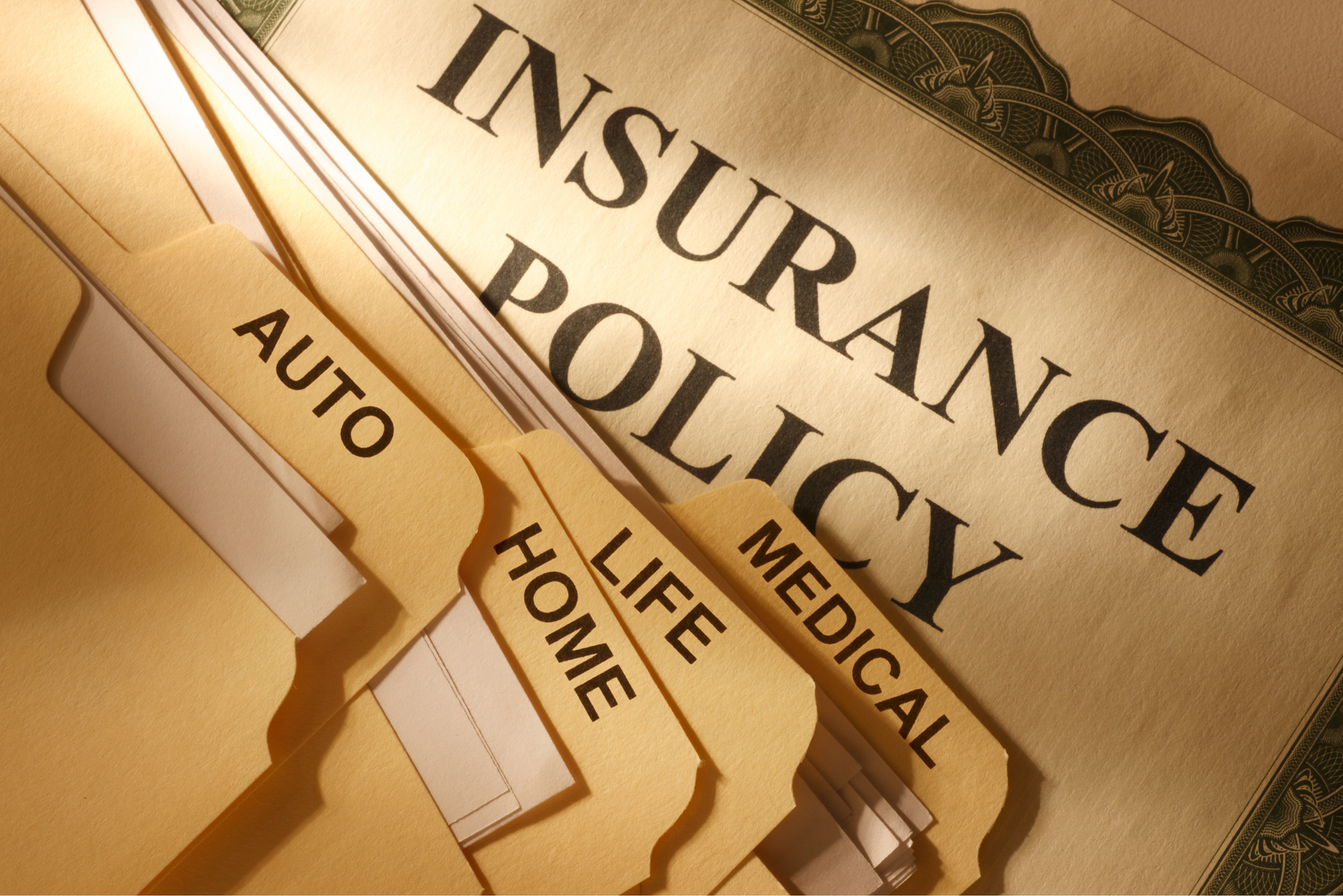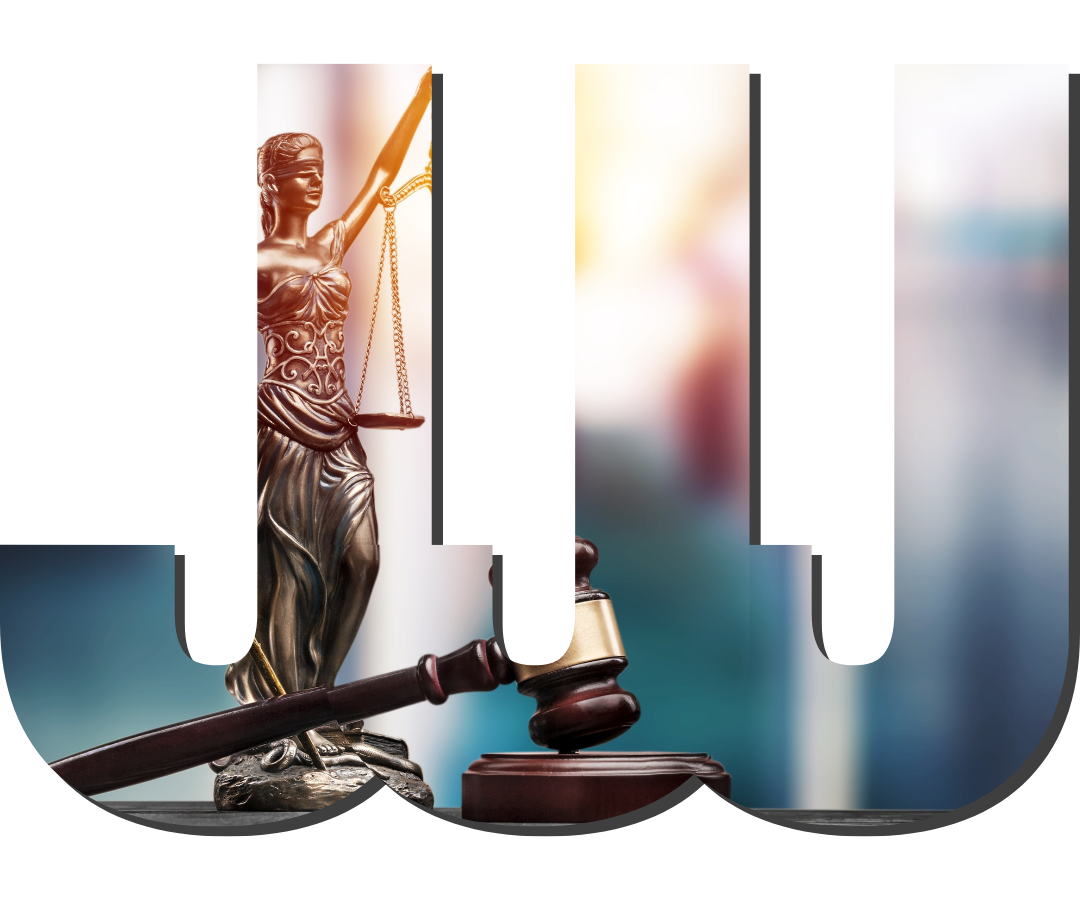Lowball Settlement Offers
The Hidden Costs of Lowball Insurance Settlements for Storm-Damaged Homes
When a storm hits, the aftermath can be devastating. For homeowners, dealing with the physical damage to their property is just the beginning. Navigating the insurance claim process can be an equally daunting task, especially when faced with lowball settlement offers. These lowball offers can severely affect homeowners, often leaving them with insufficient funds to properly repair their homes. In some cases, seeking legal assistance becomes not just an option but a necessity.
Understanding Lowball Settlement Offers
A lowball settlement offer is a payout from your insurance company that is significantly lower than the actual cost required to repair or replace the storm damage to your home. Insurance companies might do this to minimize their own financial exposure, relying on homeowners to accept the first offer without contest.
Why Do Lowball Offers Occur?
Cost Minimization: Insurance companies are businesses looking to maximize profits. Offering lower settlements is one way to keep their costs down.
Homeowner Inexperience: Most homeowners are not insurance experts. Companies bet on this lack of expertise to push through incomplete or inaccurate assessments.
Complex Policies: Insurance policies can be complex and full of jargon, making it difficult for the average homeowner to understand what they are truly entitled to.
The Real Impact on Homeowners
Accepting a lowball offer can have lasting consequences for homeowners. Here’s how:
Financial Strain
The most immediate impact is financial. If the settlement doesn’t cover the full extent of the repairs, homeowners are left to bridge the gap out of their own pockets. This can be particularly burdensome during a time already filled with stress and uncertainty.
Delayed Repairs
Inadequate funds often mean delayed repairs. This can lead to further deterioration of the property and increased repair costs down the line. For instance, untreated water damage can result in mold growth, which can be both hazardous to health and expensive to remediate.
Emotional Toll
The stress of dealing with storm damage is compounded when homeowners feel they are being shortchanged by their insurance company. This emotional toll can affect their overall well-being and capacity to make sound decisions during the recovery process.
When Legal Help Becomes Essential
Given the stakes, sometimes the best course of action is to seek legal help. Here’s why:
Expertise in Policy Language
Lawyers specializing in insurance claims can decipher the complex language of your policy. They can identify clauses that support a higher payout and use this understanding to negotiate more effectively with the insurance company.
Evidence Collection
Legal professionals can assist in gathering and presenting the necessary evidence to support your claim. This could include hiring independent appraisers, contractors, or adjusters to provide an accurate assessment of the damage and repair costs.
Negotiation Power
Insurance companies are more likely to take claims seriously when homeowners are represented by legal counsel. Lawyers can leverage their experience and knowledge to push for fair settlements that truly cover the cost of repairs.
Litigation as a Last Resort
If negotiations fail, having legal representation means you are prepared to take the matter to court. The prospect of litigation often incentivizes insurance companies to settle fairly to avoid the costs and liabilities associated with a court case.
Conclusion
Storm damage is stressful enough without the added burden of fighting for a fair insurance settlement. Homeowners need to be aware that lowball offers are a common tactic used by insurance companies to save money. Understanding this can help you take proactive steps, such as seeking legal assistance, to ensure you receive the compensation you deserve.
Don't leave the fate of your home in the hands of an insurance company looking to cut costs. If you're facing a lowball offer, consider reaching out to a legal professional who can help you fight for a fair settlement. Your home is your sanctuary – make sure it gets the care and attention it deserves.
By raising awareness about the pitfalls of lowball settlement offers and the importance of legal help, homeowners can be better equipped to handle storm damage claims. If you find yourself in this situation, remember that you don't have to go through it alone. Seek the expertise you need and protect your most valuable asset.
Challenges in the Insurance Industry
Rise in Bad Faith Claims
There's been a rise in bad faith claims against insurers, indicating that policyholders are more aware of their rights and ready to challenge decisions they see as unfair or violating their policy terms.
Declining Consumer Trust in Insurance
Surveys show that consumer trust in the insurance industry drops due to unfair claim handling and bad faith practices. For example, a survey revealed that over 40% of people have moderate to low trust in insurers, mainly due to claim denials and disputes affecting their views.
Navigating Complex Bad Faith Insurance Claims Across States
Different states have varying legal approaches to bad faith insurance claims, each with specific statutes that define standards and remedies, highlighting the complexity of handling these claims and the importance for insurers to understand and adhere to the legal requirements in their operational areas.
In 2019, there were 1,520 tornadoes in the United States, resulting in 51 tornado-related deaths.
The 2011 Super Outbreak was the most devastating and costliest storm involving tornadoes, with 362 tornadoes killing 321 people and causing approximately $11 billion in damages.
Winter storms in 2019 resulted in 73 deaths and $2.1 billion worth of insured damage.
Hail causes between $8 and $14 billion in insured damages every year, impacting over 10 million properties.
In 2019, there were 1,520 tornadoes in the United States, resulting in 51 tornado-related deaths.
The 2011 Super Outbreak was the most devastating and costliest storm involving tornadoes, with 362 tornadoes killing 321 people and causing approximately $11 billion in damages.
Winter storms in 2019 resulted in 73 deaths and $2.1 billion worth of insured damage.
Hail causes between $8 and $14 billion in insured damages every year, impacting over 10 million properties.
Insurance wronged you? Trust A Firm With Over 10 Years Of Experience In Fighting For Others
Understanding Bad Faith Insurance Claims
Bad faith insurance claims arise when an insurance company fails to uphold its duty of good faith and fair dealing towards its policyholders. This can manifest in several ways, including unreasonably delaying the processing of claims, denying valid claims without proper investigation, or underpaying what is rightfully owed to you. Such actions not only betray the trust you place in your insurer but also add unnecessary stress and financial strain during already challenging times.
At Jason J. Joy & Associates, our specialization includes but is not limited to handling:
- Property Damage and Homeowners Insurance Claims
- Business Interruption Claims
- Life and Health Insurance Claims
- Fire, Wind, Water, Flood, Hail, and Hurricane Damage Claims
- Car Accident Damage Claims
Common Questions
Here are some common questions about our Insurance Bad Faith services.
What Constitutes Bad Faith in an Insurance Claim?
Bad faith in the context of insurance claims refers to an insurer's unreasonable or unfair handling of a claim. This can include unjustified denial of coverage, failure to communicate pertinent information to the claimant, delaying claim processing without reason, or not paying a claim without a valid basis.
The specific legal definition of bad faith can vary by jurisdiction, but it generally involves a breach of the insurer's duty to act in good faith and fair dealing with its policyholders.
What Are the Potential Damages in a Bad Faith Insurance Claim?
Damages in a bad faith insurance claim can go beyond the amount originally claimed and may include compensatory damages for losses suffered due to the insurer's bad faith actions (such as additional living expenses, legal fees, and emotional distress).
In some cases, punitive damages may also be awarded to punish the insurer for particularly egregious conduct and deter similar conduct in the future. The availability and extent of damages depend on state laws and the specifics of the case.
What is bad faith and how does it affect my claim?
If you have experienced delays, inadequate payments, or outright denials of your insurance claim without valid justification, inspection, or prior notice, you may have legitimate grounds to pursue a bad faith claim against your insurance provider.
In accordance with state laws, you may be entitled to seek damages up to three times the amount of losses incurred. To explore your options and safeguard your rights, we invite you to schedule a complimentary consultation with our office.
What Criteria Validate Pursuing an Insurance Bad Faith Claim?
To pursue legal action for an insurance bad faith claim, specific criteria must generally be satisfied. Initially, there should be evidence indicating that the insurance company neglected its obligations under the policy unreasonably, lacking a valid rationale for its behavior, like unjustly denying coverage or causing unnecessary delays in claim processing.
Additionally, the insurer must demonstrate intentional unfairness or blatant disregard for fairness, not just errors. The claimant must show harm or losses due to bad faith conduct, meeting the requirements to pursue legal action against the insurer for bad faith practices.
Common
Questions
Common
Questions
We will get back to you as soon as possible.
Please try again later.
Get Started With a Free Consultation
Contact Us
OR
Get Started With a Free Consultation
Contact Us
We will get back to you as soon as possible.
Please try again later.
OR CALL


